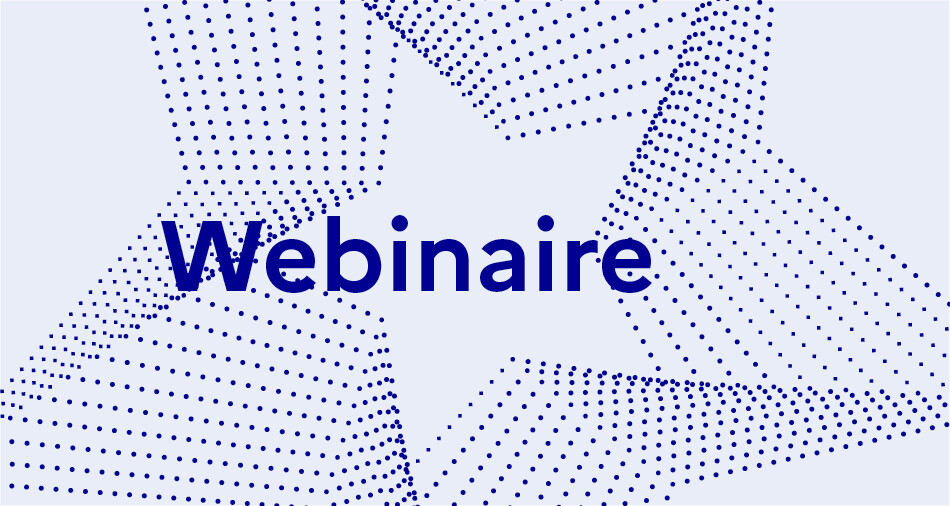Événement à la une

Le 05.12.2024
Découvrir Horizon Europe
Vous ne connaissez pas le programme Horizon Europe ? Ce webinaire est fait pour vous « Découvrir Horizon Europe : Guide pour les primo-accédants ».

Scope:
This Challenge contributes to the objectives of the Chips Act by supporting the development of critical technologies where start-ups and SMEs with disruptive innovations have the potential to scale up and help ensure the future open strategic autonomy of the Union.
Applications to this EIC Accelerator Challenge may request an investment component of above EUR 15 million in duly justified cases (A request above EUR 15 million investment is allowed in duly justified cases -see Accelerator call text).
In order to protect the strategic interests of the Union and its Member States, the contract may set specific conditions and milestones if this is necessary to ensure that technologies of a strategic nature for open autonomy are not directly or indirectly controlled by third countries not associated to Horizon Europe or by legal entities of non-associated third countries.
Any technology under this Challenge must be developed in a robust manner, paying specific attention to safety, security and ethics considerations in future applications.
A. Quantum technology components
The focus of this Accelerator Challenge is on fostering innovation in the area of quantum information processing components. Europe is a global leader in research in quantum technologies. Translating this level of R&D excellence into market innovation is a strategic priority, but companies set up to do that mostly struggle to get the necessary funding to scale-up. Supporting European deep tech start-ups in the development of hardware components, including specific components for quantum technologies, is key for strengthening Europe’s technological sovereignty and is critical for transitioning innovations from lab to market.
This strategic area is particularly focused on the development of emerging, fault-tolerant quantum computing hardware components (e.g. by using different types of qubits and a new methods for controlling them), quantum sensors that work in real environment, as well as quantum communication devices that can be deployed in a real environment for practical applications such as quantum repeaters, devices for quantum-based encryption etc. Innovation in any segment of the value chain for the development of quantum technology components is addressed.
Quantum communication is of crucial importance for ultra-secure communications and Europe needs to scale up the production of the underlying components and systems to deploy quantum-based infrastructures based on trusted European technology.
The objective of this Challenge is to support ground-breaking innovations that have a high potential to develop:
This Challenge is expected to support the EU in taking a leading role in the development of cutting-edge quantum computing and quantum sensing and quantum communications that can be used in real environment and deployed in various areas.
In mid and long term, this Challenge is expected to expand the quantum capabilities of Europe, underpin its economic resilience and digital sovereignty. It should pave the way for Europe to be at the cutting-edge of quantum capabilities by 2030 as envisioned by the 2030 Digital Compass: the European way for the Digital Decade Policy Programme.
B. Semiconductor chip development
The aim of this Challenge is to support the design and development of innovative semiconductor components and intellectual property for analogue and digital integrated circuits and systems including memory, logic, optical components, and sensors, in relevant technology fields such as: Artificial Intelligence, edge computing, Internet of Things, electric and autonomous vehicles, 5G/6G communication, cybersecurity, health and wellness, environmental sustainability. The scope also includes innovative design approaches that address combination of different functionalities such as computing, RF, power, memory and sensing. Moreover, this Challenge should support advanced chips design in order to keep Europe in the front line of the semiconductor industry in the coming years as the industry thrives for higher performance and greater circuit integration.
The proposing entities should demonstrate ground-breaking innovation in the respective applications fields and high potential for commercial deployment in important EU industry sectors such as automotive, industry automation, information and communication, healthcare, aerospace, security, energy.
This Challenge is expected to support innovative semiconductor start-ups in bringing their innovations to higher level of maturity and closer to commercial deployment, addressing the funding gap that deep-tech companies in this space have been facing in the last couple of decades.
In the mid to long term, this Challenge is expected to foster the development of the semiconductor chip design ecosystem in Europe by increasing the number of innovative fabless start-ups and semiconductor IP companies in the EU, thereby contributing to the 2030 Digital Compass target of doubling EU’s production of advanced sustainable chips and Europe’s digital autonomy.
For further information, please see the EIC Work Programme 2023.